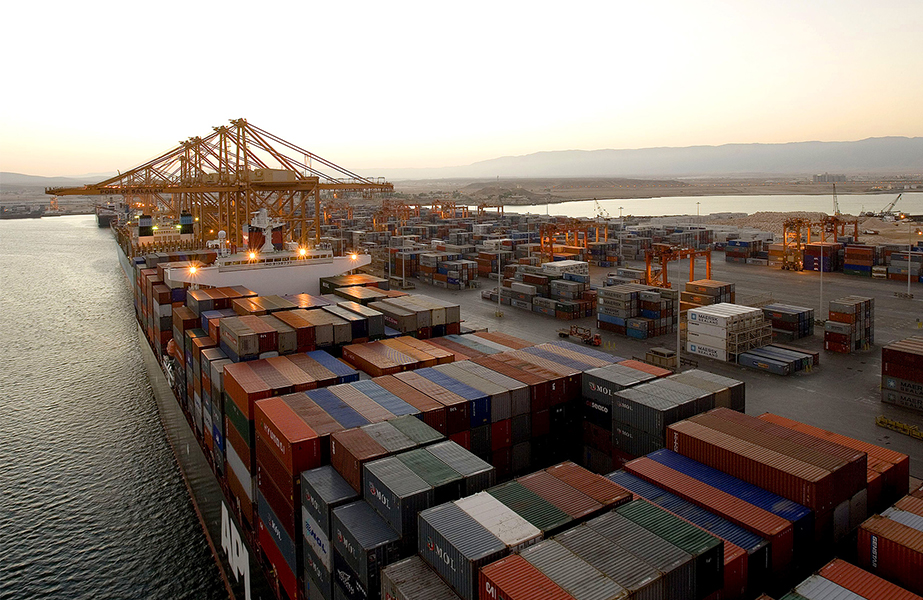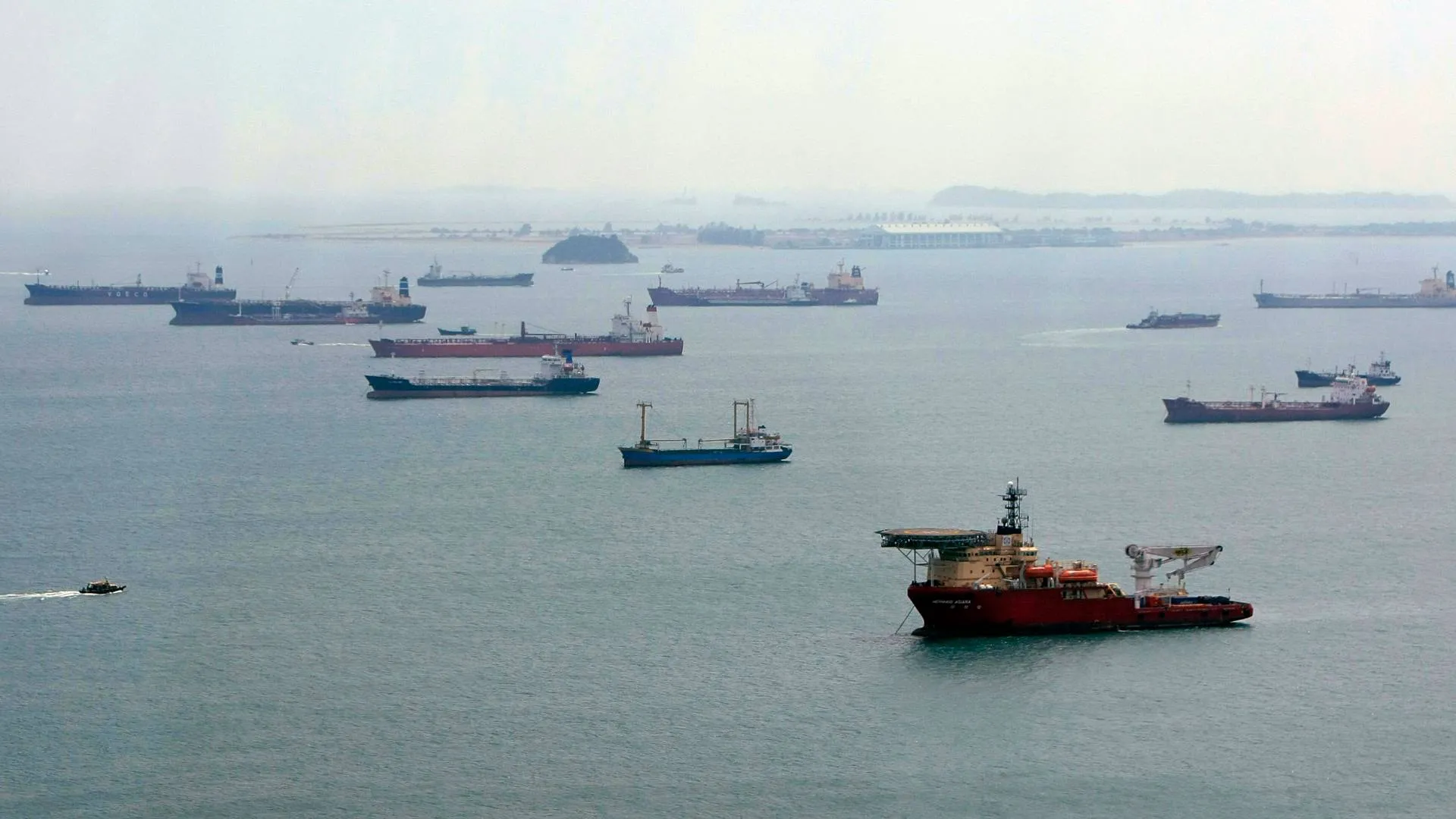The initiative is set in a context of growing need to break free from fossil fuels and of strong concern for the stability of supplies
Warsaw – A united front of Central-Eastern and Northern European countries has expressed explicit support for the expansion of nuclear energy, defining it as an essential element for the continent’s energy future. Poland, together with Nordic and Baltic nations – whose signatories include Finland, Sweden and Lithuania, but also other countries that have joined similar initiatives internationally, such as the commitment to triple global nuclear power by 2050 – has formalized its position in a recent joint declaration, sending an unequivocal signal to Brussels and the members of the European Union. The main message is that atomic energy is not just an option, but a crucial component for tackling the dual challenges of energy security and accelerated decarbonization.
The initiative is set in a context of growing need to break free from fossil fuels, particularly gas and coal, and of strong concern for the stability of supplies, accentuated by the current geopolitical situation. For Poland, in particular, nuclear power is a fundamental pillar of the strategy to abandon its historical dependence on coal. Warsaw is already moving forward with ambitious plans for the construction of new power plants, making use of Western technologies, such as reactors supplied by the United States, and evaluating the implementation of Small Modular Reactors (SMRs). The latter are seen as a more economically competitive solution and faster to build compared to traditional plants.
The Baltic States (Estonia, Latvia and Lithuania) have recently completed the disconnection of their power grids from the Russian system, fully synchronizing with the Continental Europe Synchronous Area. This move has political and security purposes, making a rapid diversification and strengthening of domestic production capacity indispensable. In this framework, nuclear power is being re-evaluated not only as a low-emission source but also as a guarantee of stability and independence for the electrical system. Lithuania, despite having expressed reservations in the past, is actively considering a return to atomic energy.
The alliance between Poland, Nordic and Baltic countries exerts significant political pressure within the EU. These nations argue that nuclear power should be treated with equal dignity compared to renewable sources within the framework of the European green taxonomy, to facilitate the necessary investments and financing. Their position aims to overcome the resistance of other Union members who remain skeptical about atomic energy, reiterating that only a diversified energy mix, which includes nuclear power, can guarantee the achievement of climate goals without compromising the energy sovereignty of states. The joint support strengthens the push for a more inclusive European energy policy that is less dependent on a single type of technology.




